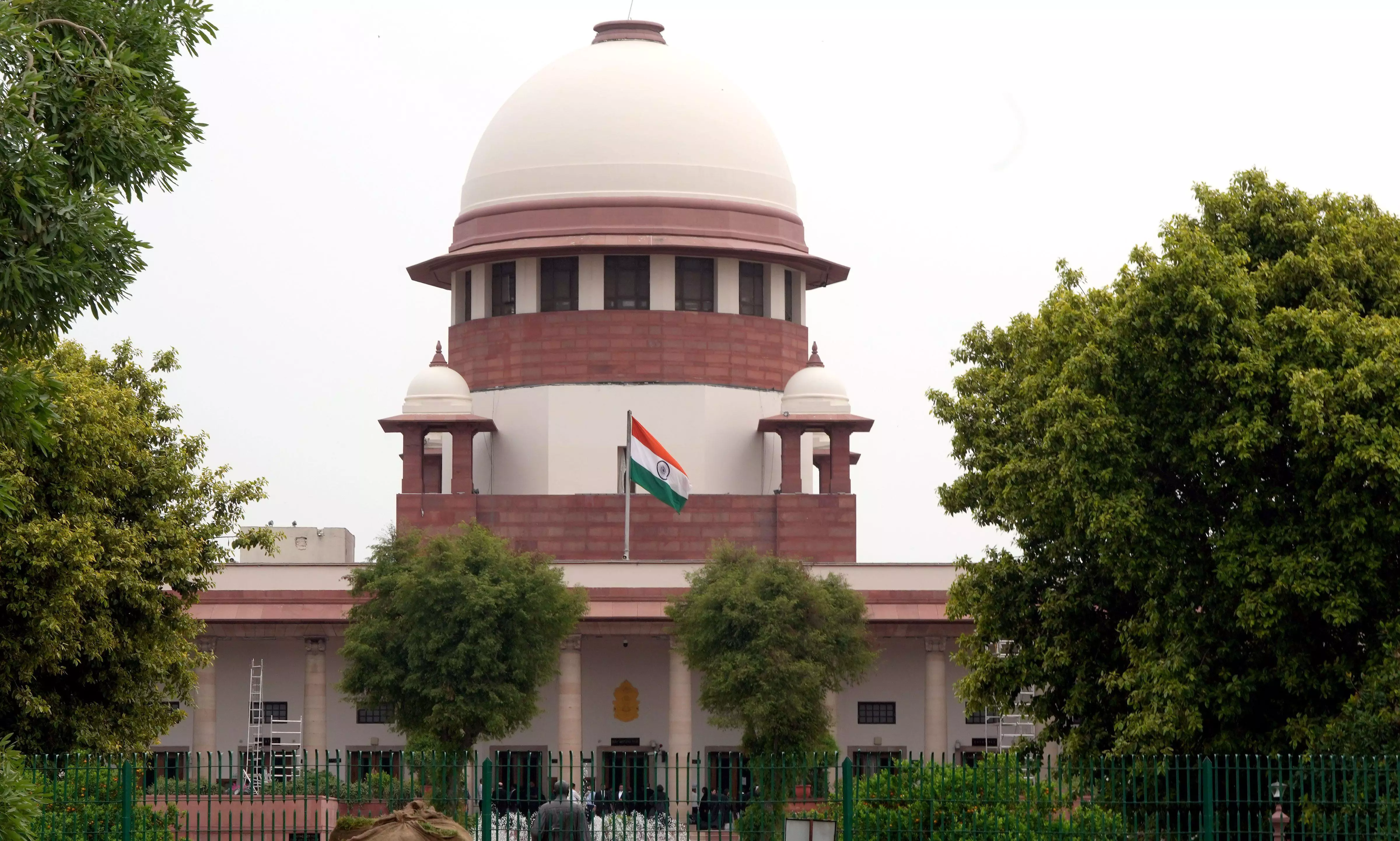DC Edit | Is Neet at all necessary?

The Supreme Court order ruling out a retest for the scam-hit National Eligibility-cum Entrance Test for admission to undergraduate courses in medicine (Neet-UG) closes the discussion on the process for this academic year but it must open an informed debate on the very idea of Neet as well as its execution.
The idea of a single nationwide entrance examination for admission to undergraduate medical courses has been pondered upon for more than two decades. It was first introduced in 2013. After a series of legal challenges, it got a final approval in 2016 and the National Testing Agency has been conducting it since 2019.
Several states have been opposing Neet from the very beginning on the grounds that the entrance makes admission next to impossible for students who cannot afford study in expensive coaching centres. A judicial commission formed by the Tamil Nadu government had come up with data to prove this point. The Tamil Nadu Legislative Assembly had indeed passed a bill unanimously that sought exemption from Neet, providing for medical admissions based on marks secured in the Class XII Board examination instead.
There are constitutional, social and political realities to be considered while prescribing rules for admissions to medical courses. Apart from ensuring availability of quality human resources for healthcare, which is of critical importance in this field, one must also consider the fact that the medical profession helps meritorious people move up the social ladder quite quickly. If the examination is designed to favour the rich and the urban citizens, then such a system deserves a relook.
The proponents of “one nation one everything else” have little idea about its immense diversities, including in the area of education. It was for this reason that this subject was kept in the State List of the Constitution. It was moved to the Concurrent List in 1975, depriving the states of their sole right to design their own educational systems. Several states have already raised the demand that it be returned to the State List so that they can design their own respective admission criteria that suit their local realities.
It is imperative that the National Testing Agency and the Union government do everything possible to ensure that the Neet is conducted without fault until an alternative mechanism is evolved. In the meantime, the country must discuss and debate the advantages and disadvantages of decentralising the process.

